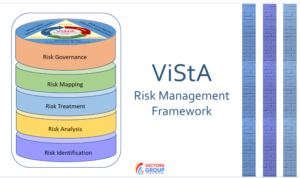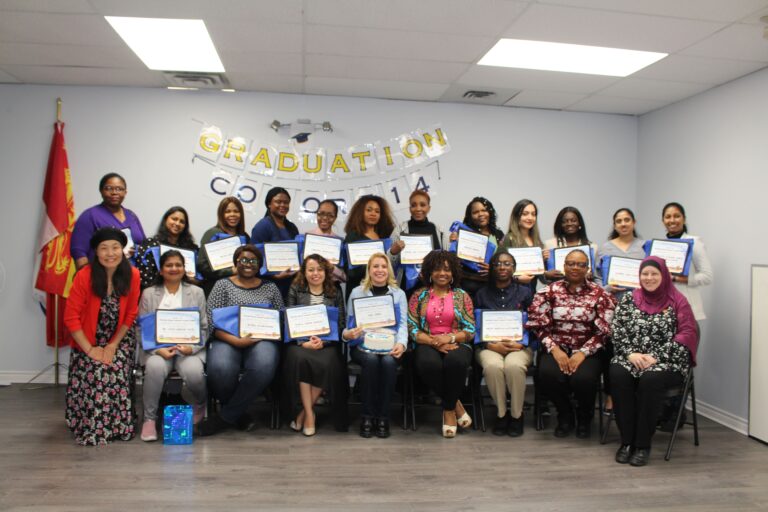The Atlantic Region Association of Immigrant Serving Agencies (ARAISA) is a regional umbrella organization for various settlement-sector agencies in Atlantic Canada. ARAISA provides training to these agencies so they may better serve their clients.
From Nov. 30-Dec. 1, 2022, ARAISA hosted a training session in Halifax, with professors Rick Nason and Daniel O. Livvarcin, from Vectors Group, to help agencies like PRUDE Inc identify obstacles to the work we do to serve newcomers and integrate them into Canadian society.
The professors highlighted the four components of risk–it occurs in the future, it has a level of uncertainty, it has an upside and downside, and it is inevitable–while emphasizing that settlement agencies must have a risk plan in place that is reviewed and updated every three months. This updating creates a culture of risk awareness, according to the professors.

The three types of risks:
- Simple: Anyone can follow the recipe and succeed. But if something is missing, one can still succeed.
- Complicated: One must follow the rules and be precise in order to succeed.
- Complex: There is no recipe for success. One needs to be prepared for uncertainty and learn to adapt. EX: The Covid-19 pandemic.

One of the many methods to identify risk is called the Delphi Technique. This involves a diverse group of people–e.g. staff, board members and volunteers–and a facilitator brainstorming to prioritize risks through anonymous voting.
Once risks are identified, a plan must be prepared and put into action. This plan should be adjusted as necessary.

By Vectors Group
We can’t predict risks, Nason and Livvarcin said, but we can be better prepared to deal with them. For complex risks, the best option is to train your people, prepare for the future, and invest in your teams. Risk doesn’t have to be negative, and it can be positive if we understand it as an opportunity.



